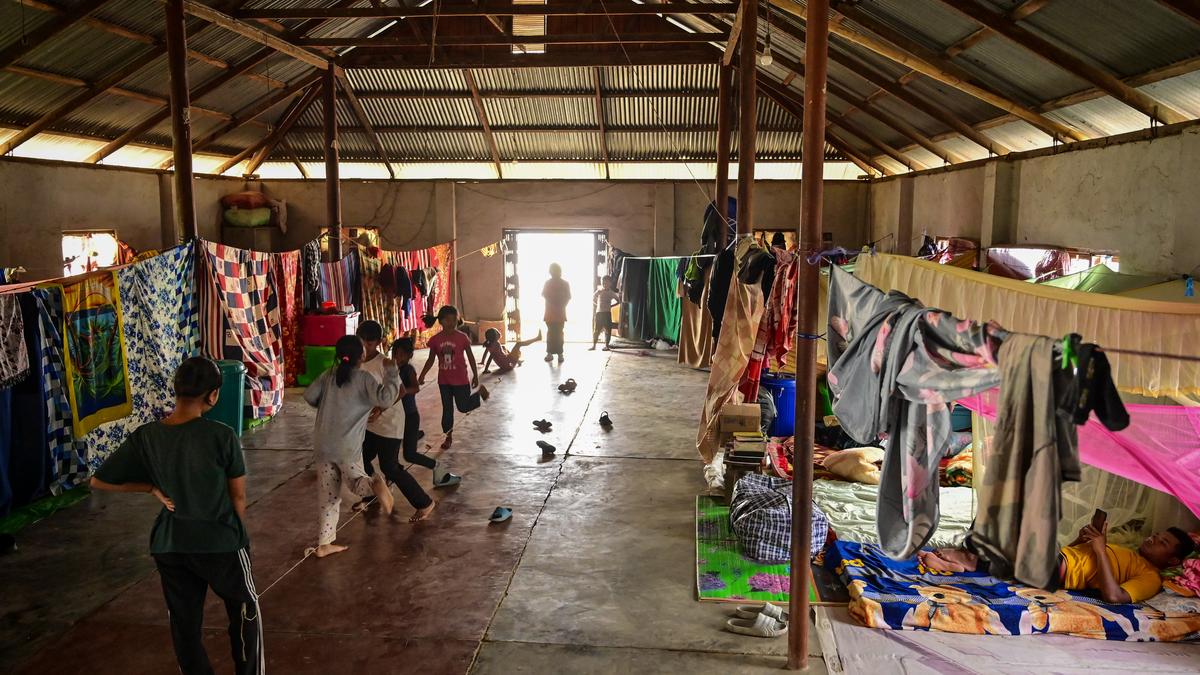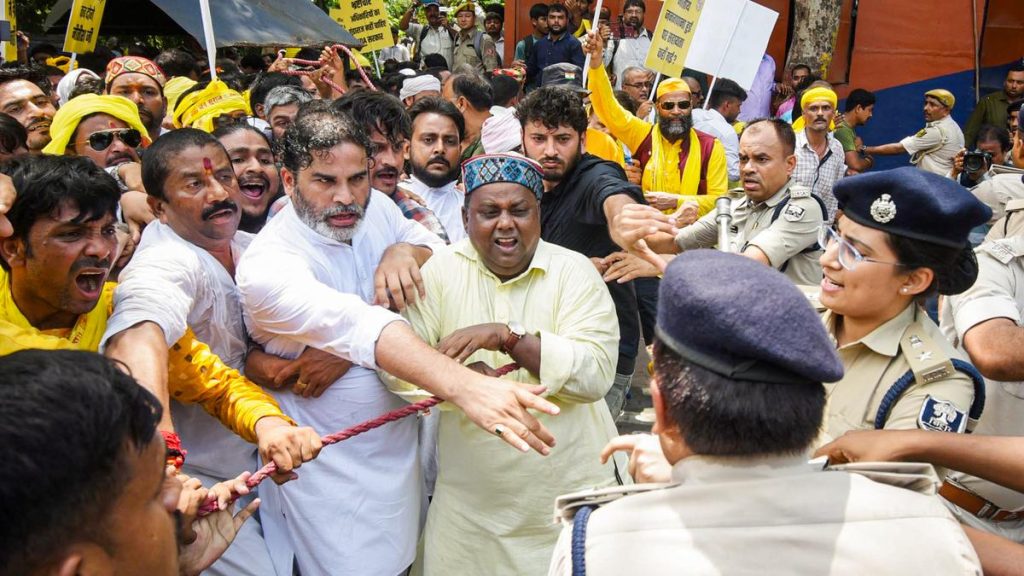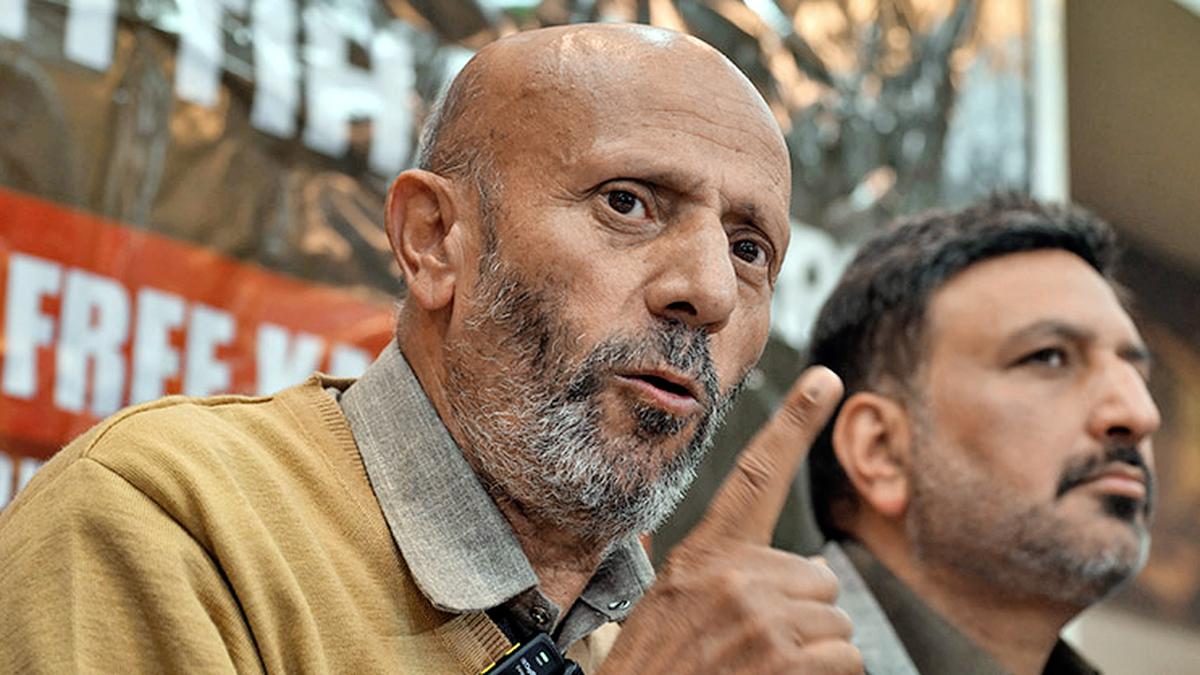Now Reading: Manipur Families Prepare to Return Home with Security Support
-
01
Manipur Families Prepare to Return Home with Security Support
Manipur Families Prepare to Return Home with Security Support

Swift Summary
- Several Meitei families displaced by ethnic violence in manipur are beginning to return to their homes under security cover.
- Teh conflict between Kuki-Zo adn Meitei communities erupted on May 3, 2023, resulting in over 250 deaths.
- Authorities and security forces are helping displaced families clean, repair, and prepare houses for resettlement. Such as, residents of New Keithelmanbi village have started rehabilitating their homes near Kangpokpi district.
- Returning families will continue receiving ration supplies and benefits under the State livelihood mission as part of the resettlement process.
- The three-phase resettlement plan includes financial assistance of ₹3.03 lakh per family for rebuilding destroyed houses or relocating elsewhere if necessary.
- About 5,000 internally displaced people of nearly 62,000 have returned so far; most are expected to be rehabilitated by December 2025 when relief camps will close.
- Prefabricated housing solutions are being prepared for roughly 10,000 individuals who cannot return home due to demographic conflicts.
Read More: Source Link
Indian Opinion Analysis
The gradual rehabilitation efforts for those displaced during the ethnic violence highlight attempts at restoring stability and normalcy in Manipur after a prolonged period of communal turmoil.While security measures aim to address concerns related to safety during resettlement-particularly in border villages-financial aid indicates both acknowledgment of destruction endured by affected communities and government willingness to assist reconstruction efforts.
However, unresolved challenges persist regarding those who cannot return home due to deep-rooted demographic tensions between Kuki-Zo and Meitei groups. Prefabricated housing appears more like a pragmatic interim solution than a permanent measure addressing integration or coexistence challenges.
This structured approach may signal progress but also prompts reflection on how future policies must navigate complexities surrounding ethnic divisions while fostering enduring rehabilitation that prioritizes inclusive community building over separation risks long-term.
























